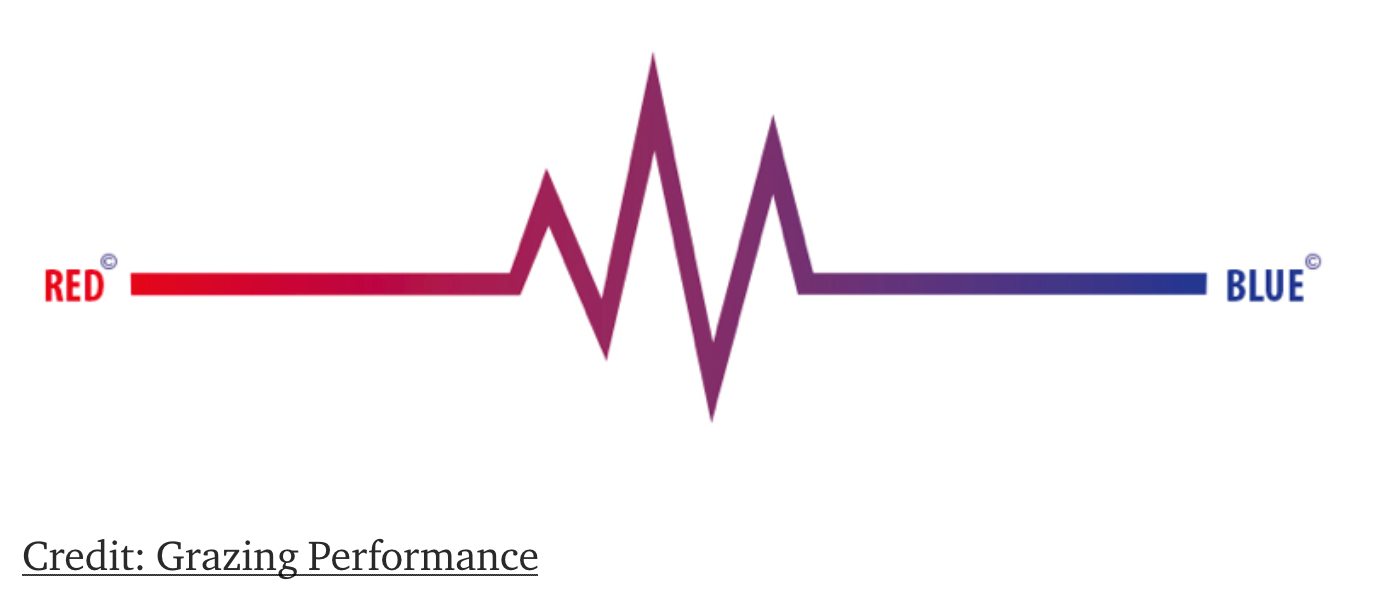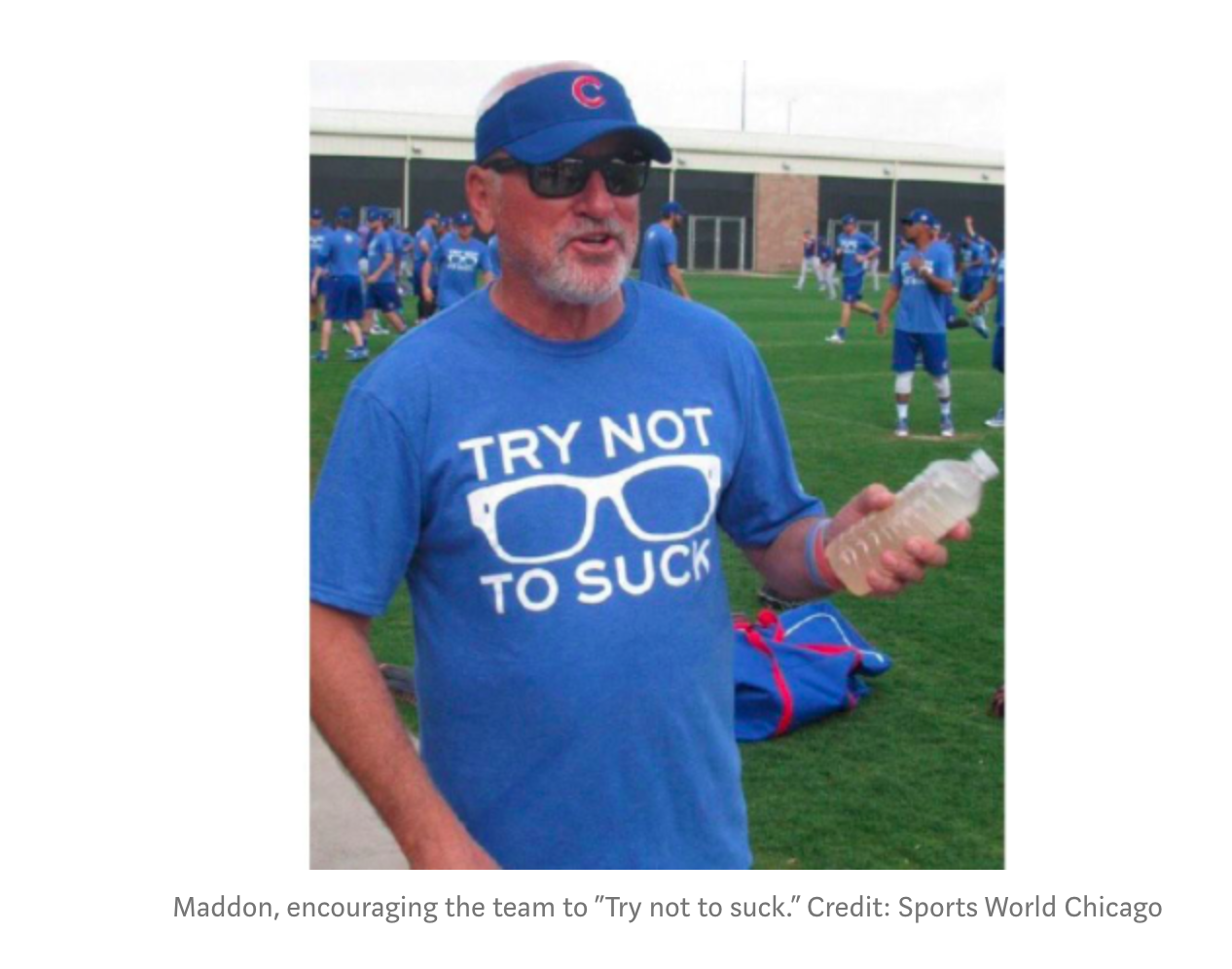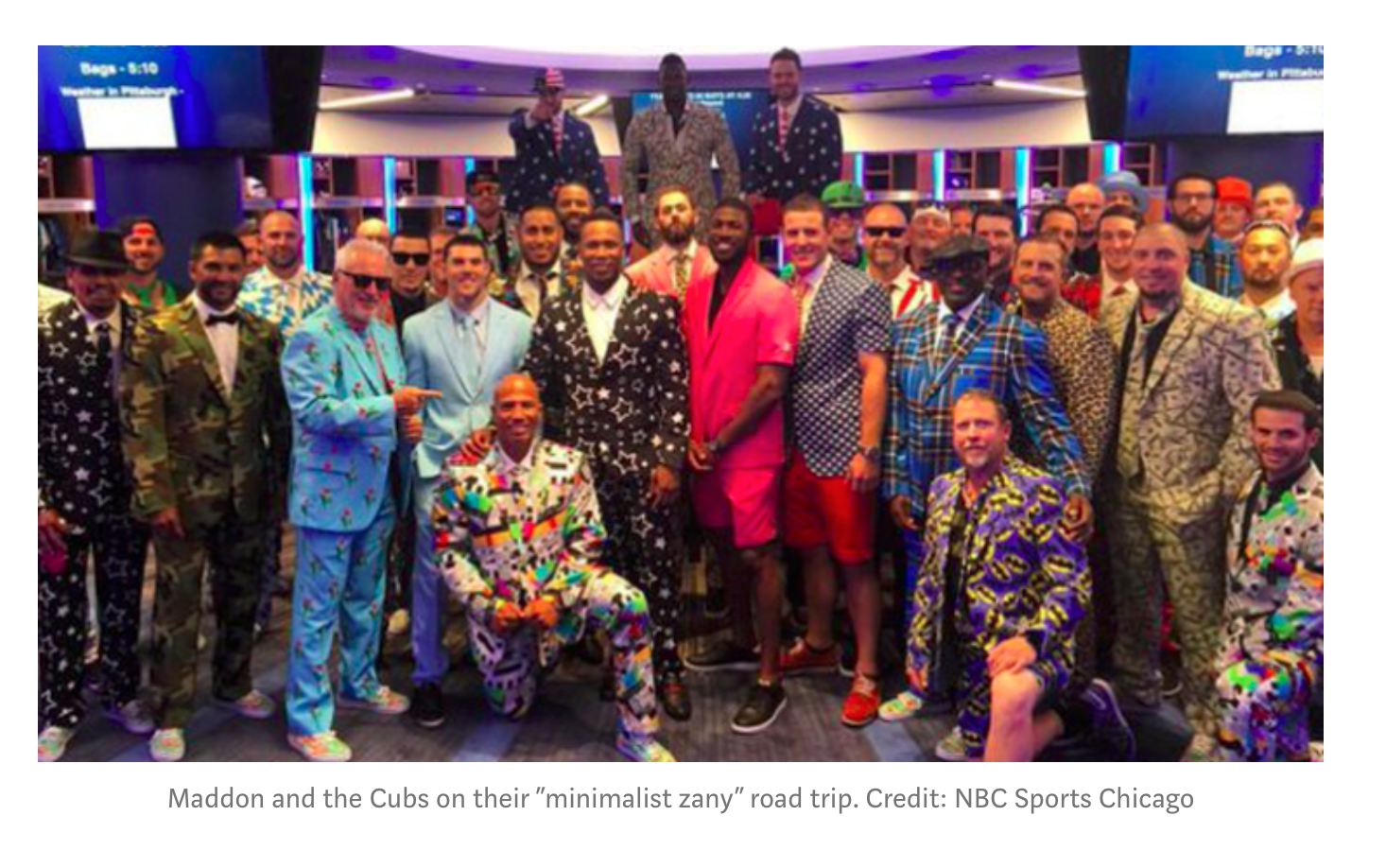From the World Cup to the World Series — Lessons on Creating Winning Cultures
Remember the last time you made a mistake in a big meeting, or received “constructive” feedback in front of others? I bet it felt like all eyes were on you, and your secret wish was that the ground would open up just long enough for you to make a clean escape.
Well, imagine that happening in front of tens of thousands of people — who really are staring at you. In fact, they’ve paid money, and maybe travelled a great distance, to see you perform and win.
Professional athletes find themselves in that scenario every time they step on the field, pitch, or track. Think of the football (aka soccer) player who missed the key penalty shot in the World Cup. Or the Major League Baseball player who has a full-count at the bottom of the 8th, and is down by one run. They swing and … MISS! Game over.
The athlete’s ability to rebound from failure and face the next immediate challenge has always amazed me. Sport is the very definition of a competitive business, and a look at the way winning organisations think about the player, team, and culture provides huge lessons that we can apply to our own ways of working.
Create a Cultural Revolution
I recently read Tom Verducci’s book “The Cubs Way: The Zen of Building the Best Team in Baseball and Breaking the Curse,” which documents the Chicago Cubs transformation from worst to best and ultimately win the World Series in 2016 after a 108-year drought. (Pre-2016, the last time the Cubs won the World Series, Mark Twain was still alive, the Ottoman Empire still existed, and there were no talking pictures.)
As a Cubs fan, it was great to revisit that time in sports history through Verducci’s text, but the telling goes beyond that to offer a unique perspective of what it takes to build a high performance, winning culture. The efforts to turn the Cubs from the “Loveable Losers” in baseball to champions were years in the making, and required a significant commitment from the entire organisation.
From the leadership, analysts, and coaching staff, to the type of player they acquired, how they used technology to improve performance, and how they approached player mental development — every element of how the organisation was functioning, behaving, thinking and playing was examined and reworked.
The result was an entire new culture and philosophy that became known as the “Cubs Way”. President of baseball operations, Theo Epstein, described it as “how we want to play the game, how we’re going to teach the game, what kind of human beings we want in the clubhouse and what we’re going to stand for as an organisation.”
As with any organisation, identifying their core beliefs and values is only the tip of the iceberg. Then you’ve got to make it a reality.
Leaders who Believe in the Cause
For the Cubs, a sense of belief in change started at the top. In 2009 it gained a new owner, Tom Ricketts, who was a fan himself and emotionally invested in a winning club (years before, Ricketts first met his wife in the Cubs’ infamous bleachers). His new leadership team — from president, to general manager and senior staff — brought a progressive mindset that permeated every level of the organisation. From the data analyst who poured over player stats, to the team manager and position coaches, everyone was aligned in goals, carried a winning belief and positive direction.
As I’m writing this in London the day after the England football team won a penalty shoot-out for the first time in World Cup football history, I would be remiss not to mention the England manager Gareth Southgate, whose belief in possibility seems to be having similar effects for the team.
His approach to turning around a seemingly cursed England squad that hasn’t won the prized trophy since 1966, has been described by the New Yorker as “radical sensibleness” — the perfect antidote to what the magazine also describes as “pathological” decision making of the English football establishment.
Southgate’s pragmatic leadership style is likely driven by his own experiences as a player. Years before his term as coach, he was on the England team and was best known for the missed penalty shot that led to England departing the 1996 Euros. For those of you outside of the UK who are reading this, Southgate has been tormented and ridiculed since that missed shot. But, he believes that England can win and he’s building a culture that does too.
Gareth Southgate celebrates England’s shootout win over Colombia in the World Cup last-16 match in Moscow. Photograph: Stefan Matzke - sampics/Corbis via Getty Images
In an interview after England defeated Colombia, Southgate said: “It’ll hopefully give belief to the generations of players that will follow. We always have to believe in what is possible in life and not be hindered by history or expectations.“
By setting the tone of belief and possibility, these leaders are laying the basis for athletes to grow and learn, game by game.
Mental Skills Development is Essential
With the technology available today, athletes can optimise physical performance to incredible levels, but increasingly, professional sports organisations are realising the significance of mindset to perform under pressure and placing more focus on developing the whole player — physically and mentally.
As you can imagine, in an often macho world of celebrity superstar athletes, the idea of talking to a mental skills coach or sports psychologist hasn’t always received great acceptance. But the tide is turning. According to Charlie Maher, president of the Professional Baseball Performance Psychology Group, 26 of the 30 MLB teams employ sports psychologists or mental-skills coaches, up from about 20 such coaches eight years ago.
Gaining acceptance can be attributed to leaders who walk the walk and make sure their players know that improving mental skills is just as important as any of their technical skills. In one of his first team talks, manager Cubs Joe Maddon made mental skills a central point: “If you’re not talking to the mental skills guy to get better, you’re crazy. I do it, you do it, the best players in the game do it. If you’re not doing it, you’re not trying to get better.”
Similarly, it’s reported that the England team under Southgate has built up its own type of mental skills development program. Sports psychologist Michael Caulfield, who has worked with Southgate previously, says Southgate “has taught them (the players) to talk. We used to live in a no comment environment, now they tell us their story, they tell us how they feel, how they want to react after a game”.
So what are the techniques being put in place? The England team have taken cues from New Zealand All Blacks Rugby team who used a Red Head Blue Head technique to help deliver in pressing or clutch moments.
Red Head is the feeling of being stressed, distracted and anxious, whereas Blue is being calm, clear and accurate. According to the creators of the technique, Grazing Performance, “the key for an elite athlete is to move back to the blue, which is where mental techniques come in”.
Many of those techniques relate to visualisation. Players visualise scenarios of things going wrong and what their reaction to turn the tide should be. When England captain Harry Kane went to shoot his penalty against Columbia, you’d constantly see him turn away from the chaos on the pitch and go through his own preparation. As part of his mental skills training, he would have visualised what he wanted to do in penalty shoot out. As team-mates and pundits alike said, he “owned the process”.
Other mental skill include breathing techniques to quieten the mind and body, or picking a focal point to look at during a tense moment. Some even create their own mantras to repeat. Ken Ravizza, a mental skills coach for the Cubs tells his players to tell themselves: “I have worked hard and I belong here.” (Even professional athletes have imposter syndrome!)
Stay Grounded, Lighten up and try not to Suck
Perhaps the best lesson though: don’t forget there’s a life outside the stadium or pitch (or office). England players often talk about how Southgate encourages them to take a break- spend time with their families. Keep their feet on the ground.
The Cubs’ Maddon is known for his team bonding exercises — like “minimalist zany suit trip” or team mottos that stick, and often end up on t-shirts. My favourite being: “Try not to suck.” Simple and to the point.
If that’s not coming from your leaders, be the person to set the tone. According to Verducci, before clutch games, Cub’s first baseman Anthony Rizzo was known strip down to nothing (yes, naked), jump on a couch in the clubhouse, and begin quoting every great cinematic motivational line he could think of, from Any Given Sunday (“Either we heal now as a team, or we will die as individuals!”) or Rocky (“Adrian, it’s not how many times you get knocked down, it’s how many times you get back up!”).
By no means do you need to go to that extreme. But the next time you feel like you’ve choked in that key moment — lighten up, have fun. Enjoy the ride. (And don’t forget to breathe!)
Subscribe to Product Leadership Essentials
Sign-up to my email newsletter to learn more about how to better understand and build your authentic Product Leadership skills.






